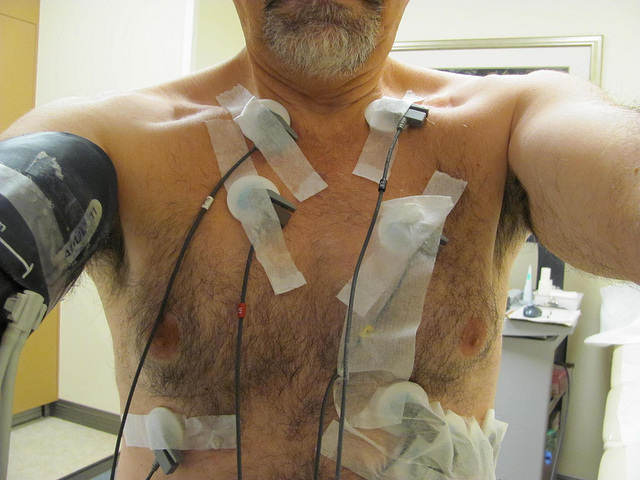Pushing implementation back another year raises costs and creates confusion for healthcare providers, billers and payers alike.
Right now, we would be launching the long-anticipated shift from ICD-9 to ICD-10 -- except that the Centers for Medicare and Medicaid Services (CMS) was ordered to make yet another change to the deadline. Instead of taking effect Oct. 1, 2014, the newest deadline for ICD-10 is Oct. 1, 2015. The inevitable is put off for another year.
Delaying implementation of ICD-10 is a relief for some but grinding for others. Without a doubt, continued delays significantly affect costs and benefits for the healthcare system.
According to Michele Hibbert-Iacobacci, vice president of information management and support at Mitchell International, “On March 31, 2014, the ICD-10-CM/PCS (International Classification of Diseases -- 10th Revision, Clinical Modification and Procedural Coding System) implementation was delayed in the United States [because] the Senate approved a bill (H.R. 4302). This update to the obsolete ICD-9-CM/PCS was a requirement in the Health Insurance Portability and Accountability Act (HIPAA) for all covered entities. Workers’ compensation has been excluded as an industry that is not covered under HIPAA; however, the providers submitting the medical bills to workers’ compensation payers are covered entities. By proxy, the workers’ compensation industry needed to prepare to accept ICD-10-CM/PCS by the implementation date of Oct. 1, 2014, and the majority of payers and vendors were ready to process bills by that date.”
The move from ICD-9 to ICD-10 reflects substantial advances in medicine that have occurred during the past three decades. ICD-9 includes 17,000 diagnostic codes, whereas ICD-10 has 155,000 codes, reflecting much more detail and differentiation in diagnoses. The result of the expanded and updated coding will enhance definition of diseases and injuries and make payments more accurate.
Yet continued delays have placed time and cost burdens on billers, suppliers and payers throughout the healthcare and insurance industries. Organizations have spent millions of dollars on training personnel for the upgrade; now, they have spend more on refresher courses and on training for new people who are replacing trained personnel who have left.
The delays also create a challenge because ICD-10 codes will be used sporadically before and after the deadline, requiring handling both sets of codes. There will be those who begin using the new coding early and those who never believed the day for the switch would come. The latter group could lag a long time.
Accommodation will be made for old coding and dual coding. Bills will be submitted using either and both. Therefore, decisions must be made regarding payment. Will the paying organization assume the task of converting the codes? Should reimbursement be denied those not in compliance on codes? Systems will need to accommodate both to navigate the transition.
The drop-dead date for ICD-10 will come, whether it occurs in October 2015 or later. When the day comes, reimbursement will depend on accurate and timely coding.
There are those who are thankful for the delay because they were not ready. They now have time to meet the new deadline. Those who were ready for the launch can now perfect the processes they created. The test for them is to sustain readiness for another year.
That is costly. It is also tiring.


